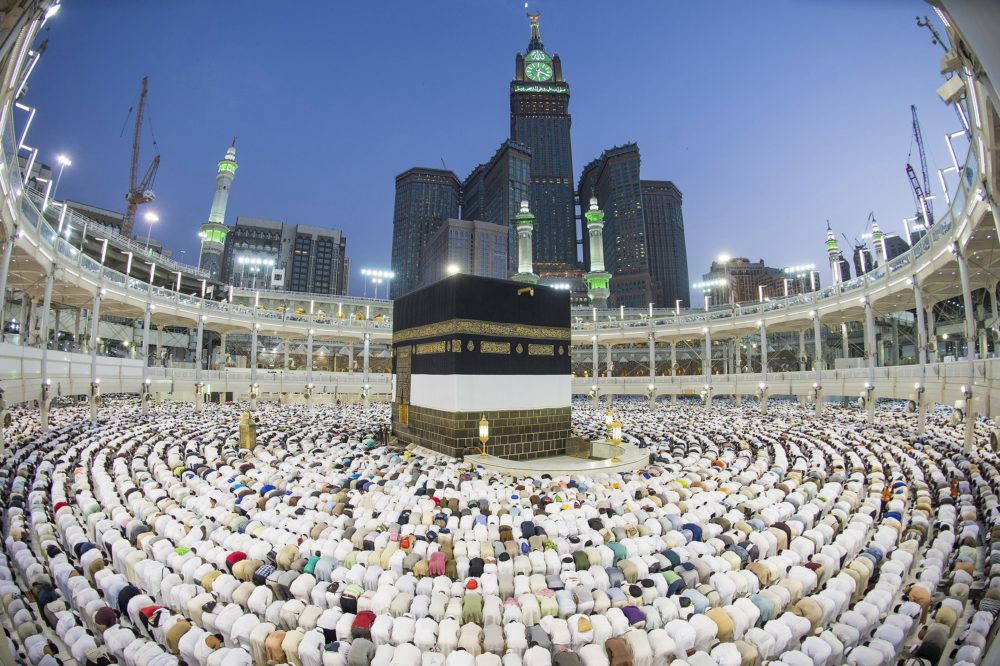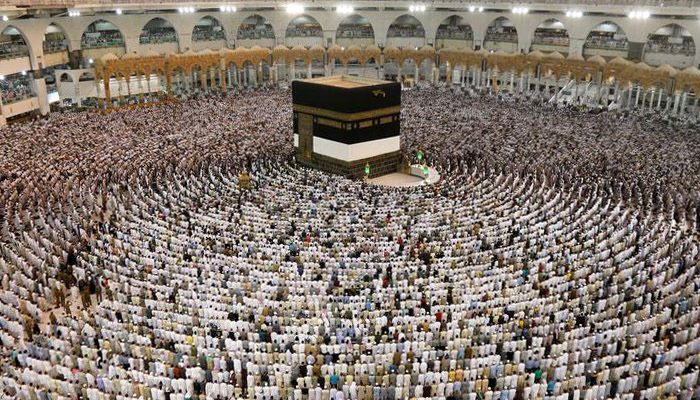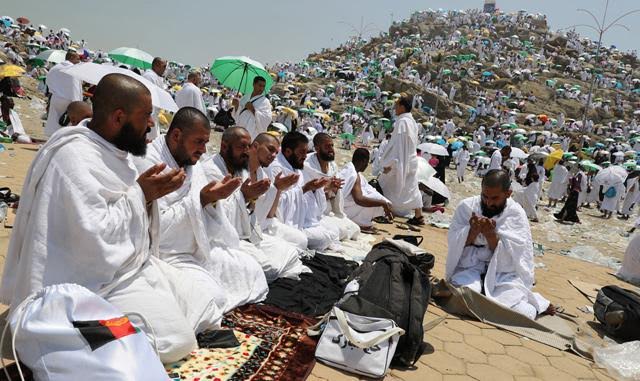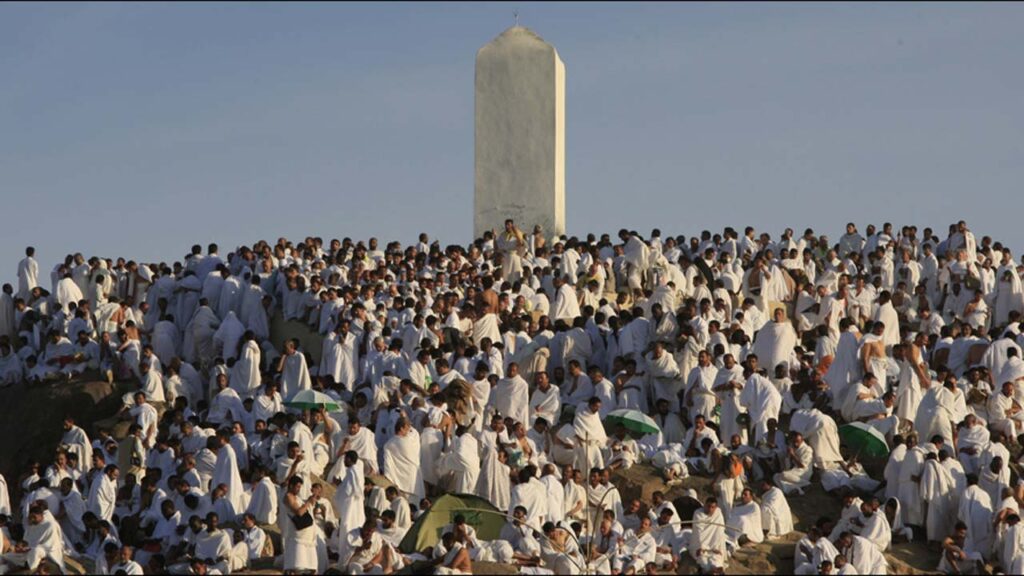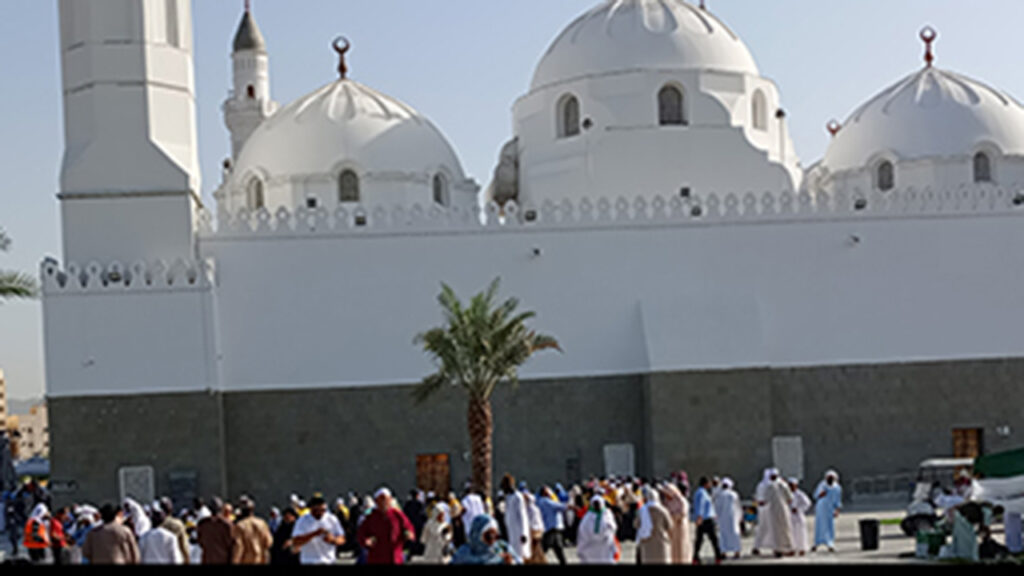 In the name of the Almighty, the Beneficent, the Merciful “Know that the life of this world is only play and amusement, pomp and mutual boasting among you, and rivalry in respect of wealth and children …” (Q57:20)
In the name of the Almighty, the Beneficent, the Merciful “Know that the life of this world is only play and amusement, pomp and mutual boasting among you, and rivalry in respect of wealth and children …” (Q57:20)
SUDDENLY, dear brethren, our world has become that of a shopping mall. Or rather, our shopping malls have become a window to our world. Shopping malls, you would remember, are equally known as shopping centers or arcade or malls. They refer to buildings forming a complex of shops with interconnecting walkways. These enable visitors to walk from unit to unit. They are the ‘modern’, indoor version of the traditional marketplaces.
Shopping malls are said to have emerged during the medieval period in Europe. The earliest of such is The Marché des Enfants-Rouges in Paris which opened in 1628 and still runs till today. The Oxford Covered Market in Oxford, England was opened in 1774. Before that time, the Muslim world had had its own share of what later came to be known as malls. Such is true with reference to the Grand Bazaar of Istanbul which was said to have been built in the 15th century and is still one of the largest covered shopping centers in the world, with more than 58 streets and 4,000 shops. The Isfahan’s Grand Bazaar, which is largely covered, dates from the 10th century. It is said to cover a distance of about 10 kilometers. However when Napoleon Bonarparte landed in Cairo in 1798 and opened Passage du Caire, shopping malls had already begun to lose, in Basseley’s fashion, ‘their innocence”.
In other words, the emergence of shopping malls in Europe in the 19th century coincided with the period when Europeans had started to view themselves as the ‘sun’ of the world. Brethren, that was the time slavery was gradually being replaced with colonialism; that was the time Europeans thought it was its primordial mandate to ‘civilize’ the world. Thus, in addition to bringing the railway to Cairo, European powers equally foisted the racialist idea on the world. While White supremacy was being erected in Asia and Africa, Europe was building skyscrapers it called shopping malls. The resources and wealth which accrued to Europe sequel to its exploitation of nations in distant lands needed to be expended in style.
However, dear brethren, shopping malls, in my humble estimation, are metaphors for this age: an age which belongs to the rich and members of the middle-class – those who want to combine pleasure with shopping, those who want to escape the inimitable power of nature while pandering to their material desires. During the 19th century, the rich in Europe would want to shop but not under the sun; they would want to buy and sell in complete confidence that rain would not ‘spoil’ their fun.
You remember the story told to us of the wife of the king who requested that her husband stop the sun from rising in the horizon. When a man finds riches and wealth by accident, he rebels against nature; he impugns the divine.
Since the 19th century, shopping malls have also become national identity symbols. The taller and bigger it is, the bigger the citizens’ sense of selfhood. Thus, since the advent of the modern times, nations across the world have been competing among themselves over which city has the largest or tallest mall. The largest mall in the world is the New South China Mall in Donguan, China with a gross floor area of 9,600,000 square feet.
The world’s second-largest shopping mall is the Golden Resources Mall in Beijing, China, with a gross floor area of 7,300,000 square feet. The Megamall in the Philippines is the world’s third-largest at 5,844,600 square feet of gross floor area; the fourth largest is the SM City North EDSA in Quezon City, Philippines with a gross floor area of 5,435,000 square feet while Kuala Lumpur, Malaysia, holds the record as the nation with the fifth largest mall. It occupies 5,010,000 square feet of gross floor area.
Brethren, you can then imagine the enthusiasm with which my compatriots welcomed the establishment of the first mall in Lagos a couple of years back. Visit the old Cocoa House in Ibadan and you would behold a new mall teeming with shoppers. Gradually, cities across the nation are playing host to malls of varying sizes. Soon, our country would become a ‘malling’ village. But why the interest in shopping malls in today’s sermon? It is simply because they remind me of this world and the next world.
In other words, dear brethren, though the idea of the mall proceeds from the need to make shopping stress-free, pleasurable and adventurous, it nonetheless reminds me of my journey from nothingness to existence. Shopping malls remind me of my journey to this world: a journey I had to make by compulsion. Were it not for necessities of life, shopping malls would be the last on my scale of preference.
Put differently, each time I arrive any mall, I remember my arrival to the world. Since my journey to the world is dated and meant to be brief, I always endeavour to make my visit to the shopping arcade equally brief. After all, malls are not residential apartments – each shopper is expected to make his choices and exit as soon as possible. Remember, you can only exit the shopping mall after you have accounted and paid for all the choices you make.
Brethren, every choice the shopper makes in the mall has a price-tag. This means, for me and for you, every choice we make in this life, in this world, which is like a mall, has a price-tag. This is the reason shopping malls are more than what they contain. Or rather, this is the reason malls represent the vanity in the world we live.
Brethren, at least three items are usually, in American parlance, on sale in malls: what buyers would want to buy, what shoppers may not want to buy and items shoppers cannot buy. Each time I have to visit a mall, I always remember that they are structured in such a way as to give the impression they are capable of satisfying all our desires. But, it is only the wise among us who know this: that malls, like the world, cannot satisfy the complexity of human desires. The only reality that is capable of doing that is death.
Furthermore, all malls are incomplete until they are fitted with Close Circuit Television (CCTV) networks. This means that, contrary to legal parlance, all shoppers are deemed to be potential thieves and pilferers until they exit the malls. To deter these potential ‘shoplifters’, shoppers are informed of the existence of the CCTV machine. But the CCTV in malls is actually not the real one.
The real CCTV is the one the Almighty has put in place to watch over our actions. These are honourable angels who neither go on strike nor commit errors in their watch. But brethren, while shoppers who commit no infraction in malls are not rewarded for being upright, the Almighty rewards the dutiful servants in two ways: for the evil that is avoided and for the good that is done. Endeavour to ‘watch’ yourself; you are being watched. (08122465111 for texts only)


